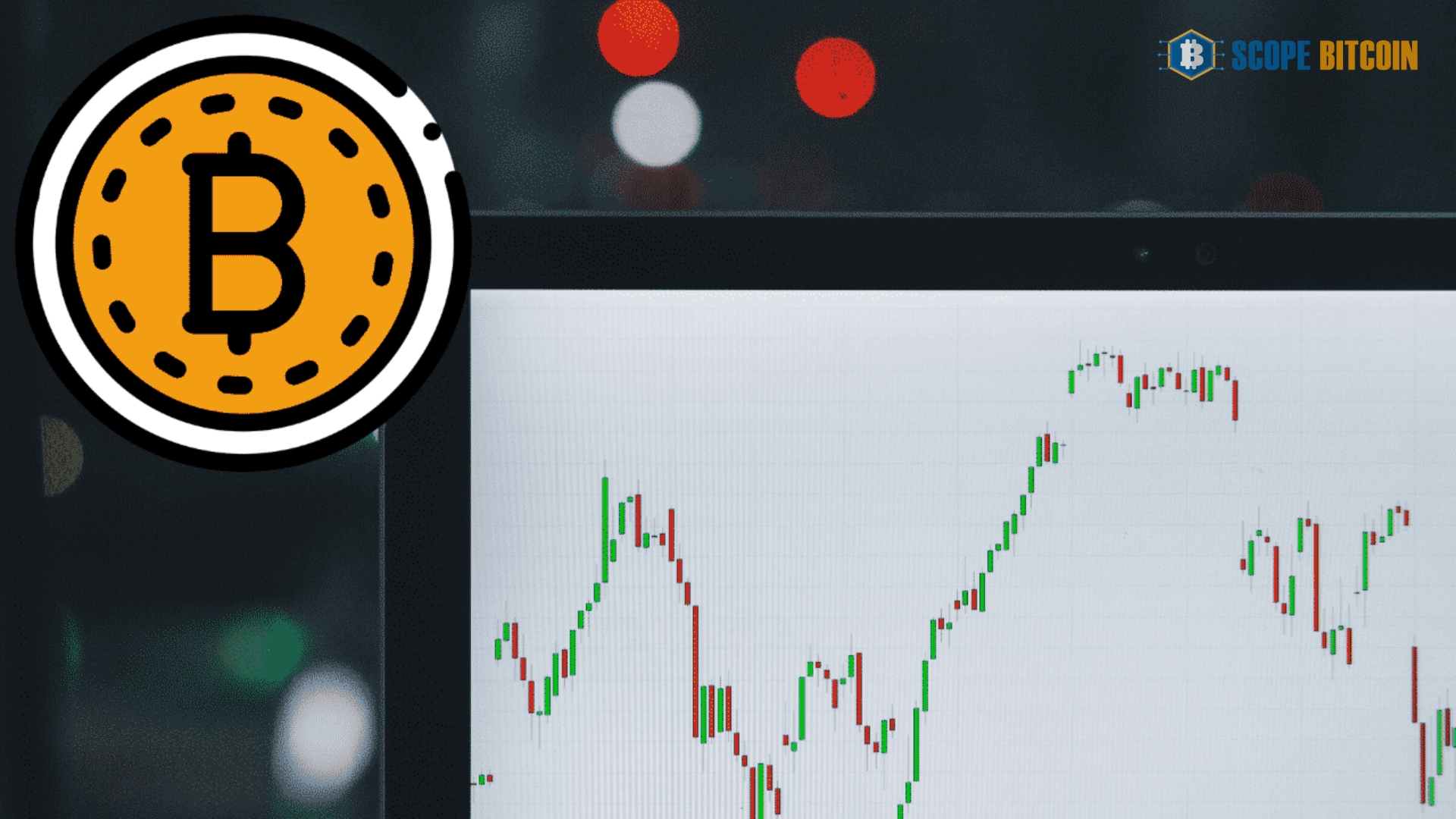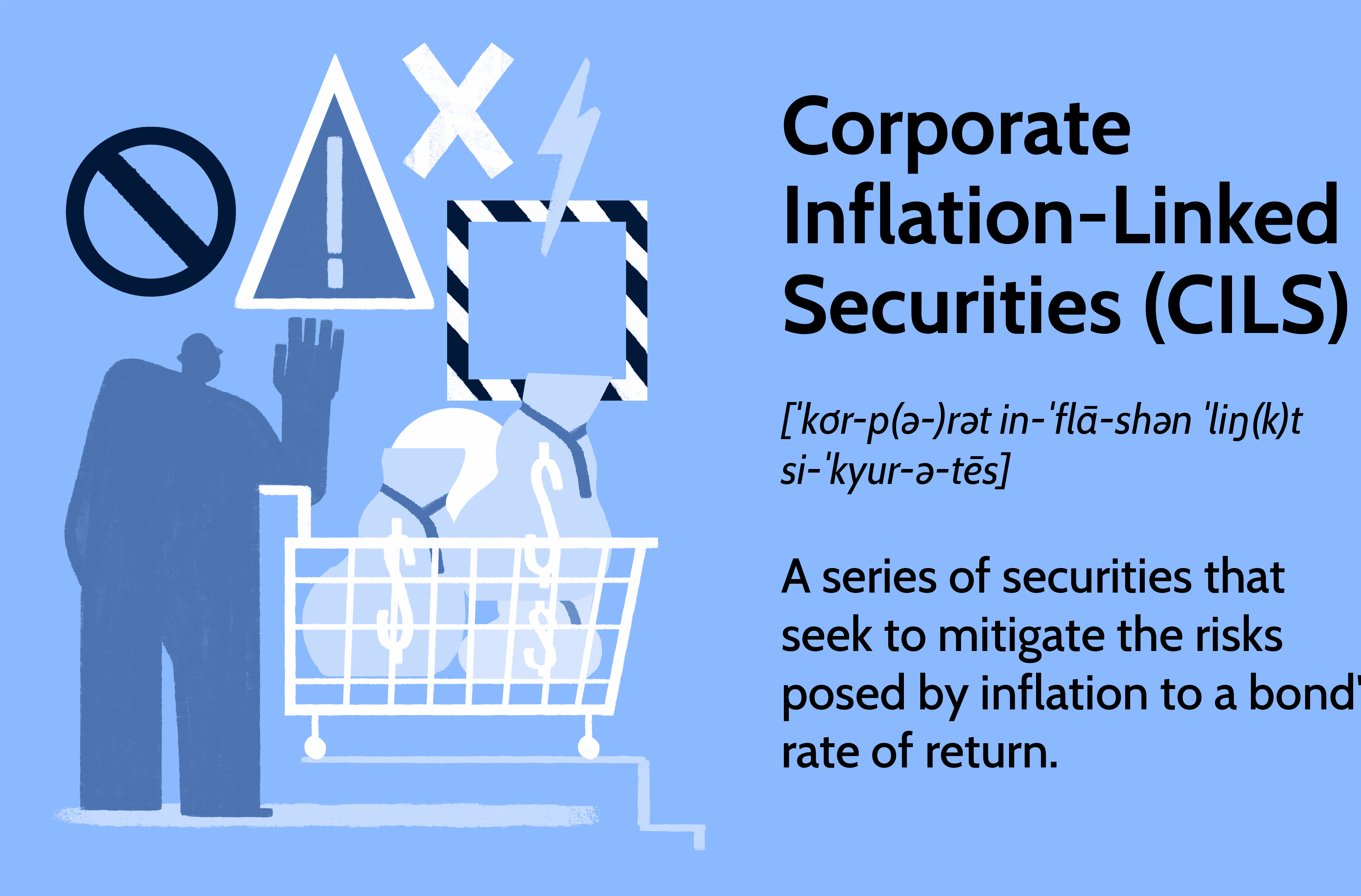
Bitcoin Futures 101: A Comprehensive Guide
Investors can bet on the future price of Bitcoin (BTC) without holding the underlying asset through Bitcoin futures, one of the most popular financial instruments introduced to the cryptocurrency industry. The futures market has established Bitcoin’s credibility among large institutions and individual investors as it develops into a fully-fledged financial instrument. This article will define Bitcoin futures 101, explain how they function, discuss their significance, and review the pros and cons of trading these contracts.
What Are Bitcoin Futures?
Futures contracts for Bitcoin enable investors to wager on the cryptocurrency’s potential price movement in the future. A futures contract is to purchase or sell Bitcoin at a future date and price rather than the actual currency. Gold, oil, and agricultural items are typical commodities traded in conventional future markets, which this method mimics.
Without awning any Bitcoins, traders can still speculate on whether their value will increase or decrease through Bitcoin futures. There are usually two methods for settling Bitcoin futures:
- Physically Settled Futures: In this type, the contract is settled by delivering the actual Bitcoin at the end of the contract.
- Cash-Settled Futures: Here, no actual Bitcoin changes hands. Instead, the contract is settled based on the difference between the agreed-upon price and the market price of Bitcoin at the contract’s expiration. Most Bitcoin futures are cash-settled.
How Bitcoin Futures Work
Similar to how stocks or commodities are traded on exchanges, bitcoin futures are also. Bitcoin futures contracts have been created by exchanges like Bakkt and the Chicago Mercantile Exchange (CME), creating a regulated space for both institutional and retail investors.
Traders commit to purchasing or selling Bitcoin at a predetermined price (the strike price) on a certain date in the future (the expiration date) when they engage in a futures contract. The buyer appears ahead if the market price surpasses the agreed-upon strike price on the expiration date. On the flip side, sellers benefit from decreased market prices.
Thanks to leverage, traders in Bitcoin futures contracts can manage a sizable stake with a tiny initial investment. You can own $100,000 worth of Bitcoin futures with $10,000 if the exchange you’re trading with has a leverage of 10:1. A double-edged sword, leverage raises prospective gains while amplifying losses.
A solid grasp of the following ideas is necessary to make sense of Bitcoin futures:
- Leverage: Bitcoin futures often allow traders to use leverage, meaning they can control a large position with less capital. For instance, using 10x leverage would mean a trader could control $10,000 of Bitcoin futures with just $1,000. While this can amplify profits, it also increases potential losses.
- Margin Requirements: Futures trading requires participants to maintain a margin, or a minimum amount of capital, in their accounts. This margin acts as collateral to cover potential losses in the contract. If the market moves unfavorably, the trader may need to add more funds to meet the margin requirement or risk liquidating their position.
- Expiration Dates: Futures contracts have a specific expiration date, typically weekly to quarterly. Upon expiration, the contract is settled. There are two main types of settlement:
- Cash-settled futures: Instead of physically receiving Bitcoin, the trader receives or pays the difference between the contract price and the actual market price at the time of settlement.
- Physically settled futures: The trader takes delivery of Bitcoin at the contract price.
- Long and Short Positions:
- Long Position: A trader who buys a futures contract takes a “long” position, meaning they believe Bitcoin’s price will rise. They profit if the price is higher than the contract price at the time of settlement.
- Short Position: Conversely, a trader who sells a futures contract is “short” on Bitcoin, meaning they expect the price to fall. They profit if the price at settlement is lower than the contract price.
Why Trade Bitcoin Futures?
Bitcoin futures offer several advantages for both institutional and individual investors:
- Hedging: Futures contracts allow investors to hedge against volatility in the spot market. For example, miners can use Bitcoin futures to lock in a future selling price, protecting themselves from potential drops in Bitcoin’s value.
- Speculation: Traders can speculate on the price movements of Bitcoin without needing to buy or hold the underlying asset. By taking long or short positions, they can potentially profit from both upward and downward movements in the market.
- Price Discovery: Bitcoin futures play a key role in price discovery for the asset, as they aggregate the expectations of a wide range of market participants. This can lead to more efficient pricing in the spot market.
- Institutional Participation: With regulated exchanges like CME and Bakkt offering Bitcoin futures, institutional investors, such as hedge funds and mutual funds, have a safer and more familiar route to gaining exposure to Bitcoin.
- Leverage: As mentioned earlier, futures allow traders to use leverage, increasing potential returns on investment. However, it also increases risk, making it essential to trade with caution.
Risks of Bitcoin Futures
While Bitcoin futures present lucrative opportunities, they also come with risks:
- Volatility: Bitcoin is notoriously volatile, with its price capable of swinging by large percentages within short timeframes. This volatility can lead to massive losses for traders, particularly those using leverage.
- Liquidation Risk: If the price of Bitcoin moves against a trader’s position and they don’t have enough funds to meet margin requirements, their position can be liquidated, resulting in substantial losses.
- Leverage Risk: Leverage magnifies both gains and losses. A small movement in Bitcoin’s price could wipe out a trader’s entire margin, especially at higher leverage levels.
- Regulatory Concerns: While Bitcoin futures are offered on regulated exchanges, the underlying asset (Bitcoin) is still largely unregulated in many jurisdictions. Future regulatory changes could impact both the spot and futures markets.
- Overnight Fees: Many exchanges charge fees for holding leveraged positions overnight, which can add up over time and eat into profits.
Key Players in Bitcoin Futures
- CME Group: The Chicago Mercantile Exchange (CME) was the first major exchange to offer Bitcoin futures in December 2017. CME futures are cash-settled, meaning that no Bitcoin changes hands upon settlement. The exchange offers standardized and regulated contracts, attracting many institutional investors.
- Bakkt: Operated by Intercontinental Exchange (ICE), Bakkt introduced physically-settled Bitcoin futures in 2019. This means traders receive actual Bitcoin upon contract expiration rather than a cash equivalent. Bakkt’s futures are traded in a regulated environment, appealing to more risk-averse participants.
- Crypto Exchanges (Binance, Bybit, etc.): Many cryptocurrency exchanges now offer Bitcoin futures with high leverage (up to 125x on Binance). These platforms cater primarily to retail traders looking to take more aggressive positions in the market.
Bitcoin Futures vs. Bitcoin Spot Trading
While Bitcoin futures offer unique benefits, they are quite different from traditional spot trading:
- Ownership: In spot trading, you own the actual Bitcoin. Futures contracts don’t involve ownership of Bitcoin unless they are physically settled.
- Leverage: Spot trading generally involves no leverage, while futures trading typically allows high leverage.
- Purpose: Spot trading is often used for long-term investing or transacting in Bitcoin. Futures, on the other hand, are mostly used for speculation and hedging.
Conclusion
Institutional investors and speculative traders alike have found Bitcoin futures invaluable for participating in the Bitcoin market. They allow you to participate in risk mitigation, price discovery, and speculative opportunities without owning the asset. Participants must thoroughly understand the mechanics, advantages, and hazards of Bitcoin futures trading before delving into the world of high-leverage Bitcoin trading and the intrinsic volatility of Bitcoin.
Speculators seeking profits from price changes or individuals looking to hedge their holdings can engage with the cryptocurrency market through Bitcoin futures, which offer an intriguing and potentially rewarding—but also risky—way to do it.







